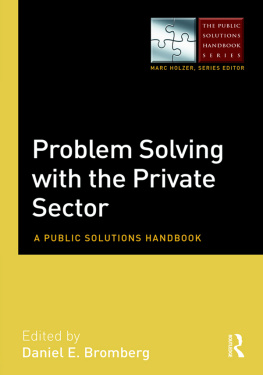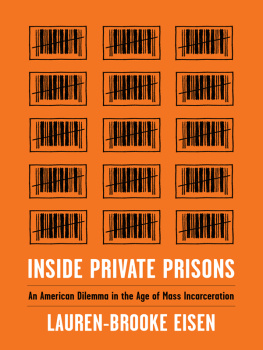First published in Great Britain in 2016 by
Policy Press University of Bristol 1-9 Old Park Hill Bristol BS2 8BB UK Tel +44 (0)117 954 5940 e-mail
North American office: Policy Press c/o The University of Chicago Press 1427 East 60th Street Chicago, IL 60637, USA t: +1 773 702 7700 f: +1 773-702-9756 e:
Policy Press 2015
British Library Cataloguing in Publication Data
A catalogue record for this book is available from the British Library.
Library of Congress Cataloging-in-Publication Data
A catalog record for this book has been requested.
ISBN 978 1 44731 322 9 paperback
ISBN 978 1 44731 324 3 ePub
ISBN 978 1 44731 325 0 Mobi
The right of Julian Le Vay to be identified as author of this work has been asserted by him in accordance with the Copyright, Designs and Patents Act 1988.
All rights reserved: no part of this publication may be reproduced, stored in a retrieval system, or transmitted in any form or by any means, electronic, mechanical, photocopying, recording, or otherwise without the prior permission of Policy Press.
The statements and opinions contained within this publication are solely those of the author and not of the University of Bristol or Policy Press. The University of Bristol and Policy Press disclaim responsibility for any injury to persons or property resulting from any material published in this publication.
Policy Press works to counter discrimination on grounds of gender, race, disability, age and sexuality.
Cover design by Qube Design, Bristol
Front cover: image kindly supplied by iStock
Readers Guide
This book has been optimised for PDA.
Tables may have been presented to accommodate this devices limitations.
Image presentation is limited by this devices limitations.
I remember very clearly my reaction when I first heard of the idea that prisons might be run by private companies: some bright young thing in a think tank, wanting to show just how far outside the box he can think of course, it wont survive ten minutes contact with reality.
Twenty-five years later, the private sector runs sixteen prisons, four Secure Training Centres and nine Immigration Removal Centres, together with all prisoner escorts and all electronic tagging, at a total cost nearing 1 billion a year.
And it formed the central part of my own career. As Finance Director (FD) of HM Prison Service (HMPS) in the late 1990s, I was responsible for running competitions, and awarding and managing contracts, and also for improving the efficiency of the public sector. I then headed up competition policy in the new National Offender Management Service (NOMS). I later worked for two companies one competing with HMPS to run prisons, the other in partnership with HMPS, competing together against the private sector. So I have seen the issues from both sides of the fence and, indeed, on it. Whether that makes me an objective observer is for others to judge.
I wrote this book because this has been a long-running, controversial and important experiment in public policy, and the time now seems right to review how well or how badly it has worked.
Private provision of public services is a major political issue in this country, which has gone much further in prisons here than even the United States. And prisons have been one of the longest running and most sensitive and most controversial experiments in contracting out public services, and also one of the most complete.













